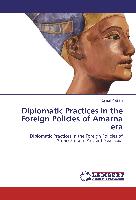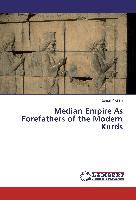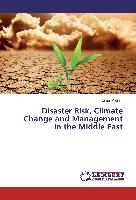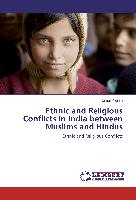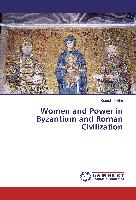The Forgotten History of a Indigenous Nation The Arameans
Yildirim, Kemal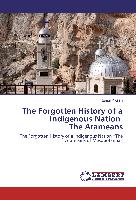
The people who inhabited/ruled Mesopotamia were the Sumerians, Akkadians (Assyrians and Babylonians), ARAMEANS, Persians, Macedonians, Parthians, Sassanids, Arabs, Ottomans.That region was historically also known as Aram-NAHARAIM (Aram of two rivers (Euphrat and Tigris)). The other Aram is the region below the Euphrat in modern Syria. Modern Syrians. The Aramaization of Mesopotamia is not an isolated phenomenon. The Aramaeans are first mention...

